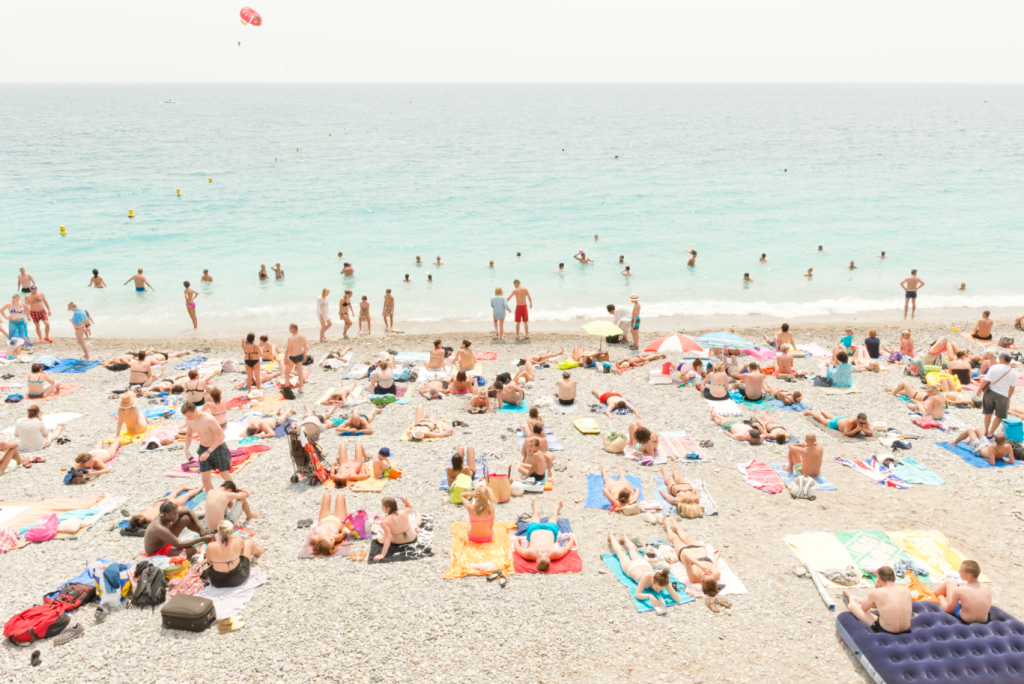- Explore us

Microplastics in the oceans pose a growing problem and originate from products we use daily, such as toothpaste and textiles. A research project at Chalmers University of Technology is studying emissions of microplastics with the aim of reducing the volume generated from textiles and detergents. Gothia Towers, which is part of the Swedish Exhibition & Congress Centre Group, is supporting the project in order to promote sustainable development.
“This means a lot, both for Chalmers and because it sends a message to other businesses when one of Sweden’s largest hotel and conference organisers chooses to monitor developments and actively engage in our work to continue developing a sustainable society,” says Sebastien Rauch, professor at the Water Environmental Technology division at Chalmers.
In autumn 2017, the UN adopted 17 global targets for sustainable development, one of which is to reduce levels of microplastics in the oceans. There has been considerable engagement and media publicity around this issue. The global targets have been adopted by countries, companies and organisations around the world.
“We are pleased that the issue of sustainability is getting attention and have also noticed that more and more of our guests, customers and visitors are asking us to get actively involved. The oceans are vital to our survival, and to promote a sustainable society we want to do our bit by supporting research such as the Chalmers project,” says Carin Kindbom, President and CEO of the Swedish Exhibition & Congress Centre Group.
The photo exhibition Making room for cleaner oceans by photographer Joakim Blomquist is shown in Gothia Towers’ lobby during the spring.
The Swedish Exhibition & Congress Centre Group had a sustainability policy for many years that guides all operations, from cleaning and transportation to food and drink.